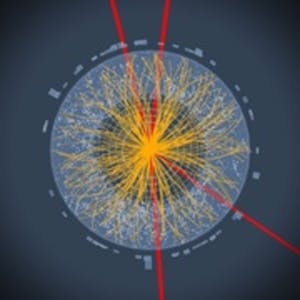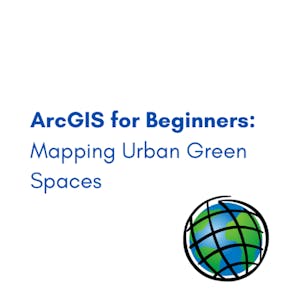Particle Physics: an Introduction
About this Course
This course introduces you to subatomic physics, i.e. the physics of nuclei and particles. More specifically, the following questions are addressed: - What are the concepts of particle physics and how are they implemented? - What are the properties of atomic nuclei and how can one use them? - How does one accelerate and detect particles and measure their properties? - What does one learn from particle reactions at high energies and particle decays? - How do electromagnetic interactions work and how can one use them? - How do strong interactions work and why are they difficult to understand? - How do weak interactions work and why are they so special? - What is the mass of objects at the subatomic level and how does the Higgs boson intervene? - How does one search for new phenomena beyond the known ones? - What can one learn from particle physics concerning astrophysics and the Universe as a whole? The course is structured in eight modules. Following the first one which introduces our subject, the modules 2 (nuclear physics) and 3 (accelerators and detectors) are rather self contained and can be studied separately. The modules 4 to 6 go into more depth about matter and forces as described by the standard model of particle physics. Module 7 deals with our ways to search for new phenomena. And the last module introduces you to two mysterious components of the Universe, namely Dark Matter and Dark Energy.Created by: University of Geneva

Related Online Courses
By the end of this project, you will be able to set up a Facebook messenger account for a small business. You will learn how to create a business page, how to enable messaging on your page, how to... more
This course is an advanced level course designed for learners who want to use Qlik Sense to perform sophisticated data analytics, build dashboards, and communicate full reports and stories from... more
Explore the exciting world of quantum computing with this comprehensive beginner\'s course. Start by building a strong foundation in key mathematical concepts like complex numbers, matrix... more
Are you ready to explore the world of Geographic Information Systems (GIS) and learn how to transform and visualize data? Join us in this beginner-friendly guided project where working with urban... more
Prepare for Cisco\'s ENCOR (350-401) exam with this in-depth course tailored for network professionals. Develop expertise in enterprise network architecture, virtualization, security, network... more








